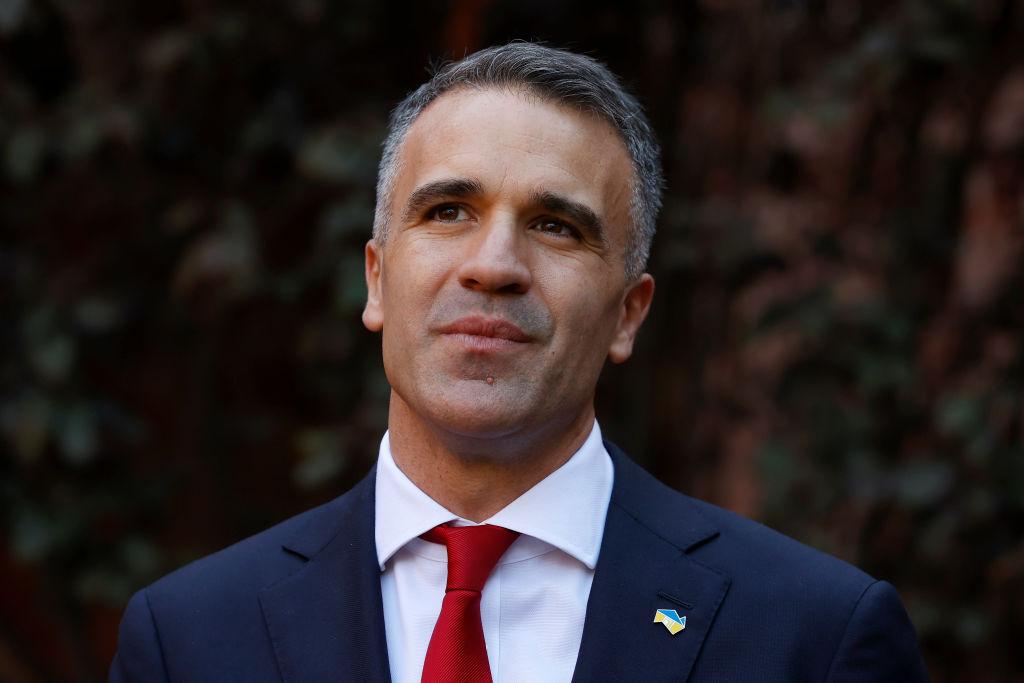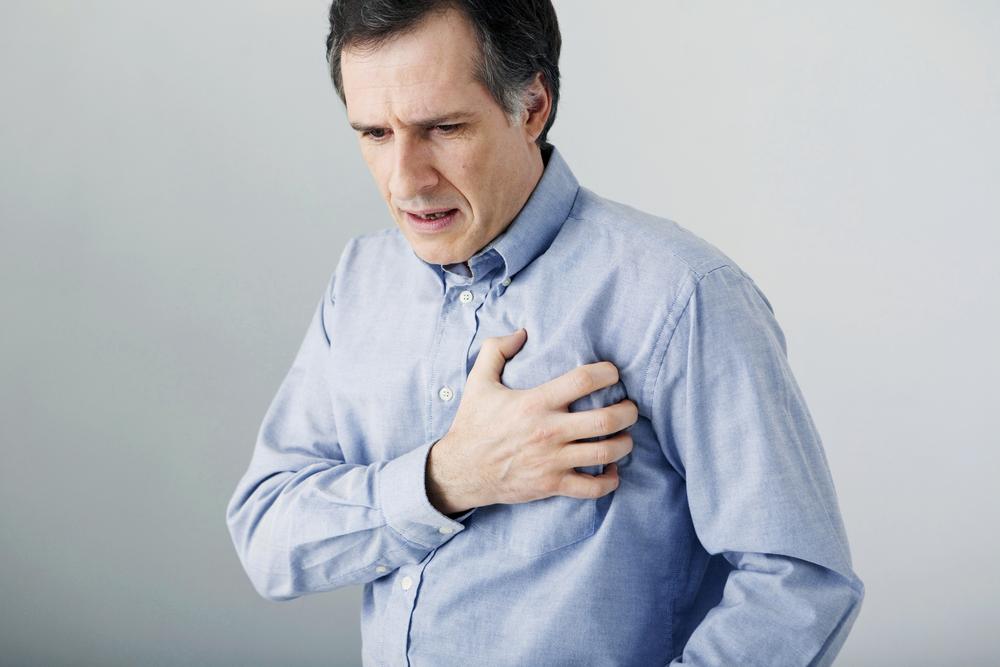South Australia’s emergency declaration for the COVID-19 pandemic ended on Tuesday after 793 days in operation, by far the longest state of emergency in South Australian history.
Speaking to reporters on Tuesday, Premier Peter Malinauskas said Police Commissioner Grant Stevens signed a revocation of the declaration under the Emergency Management Act following an executive council meeting, meaning that the commissioner no longer has the power to implement measures such as lockdowns or mask mandates for the greater public.





